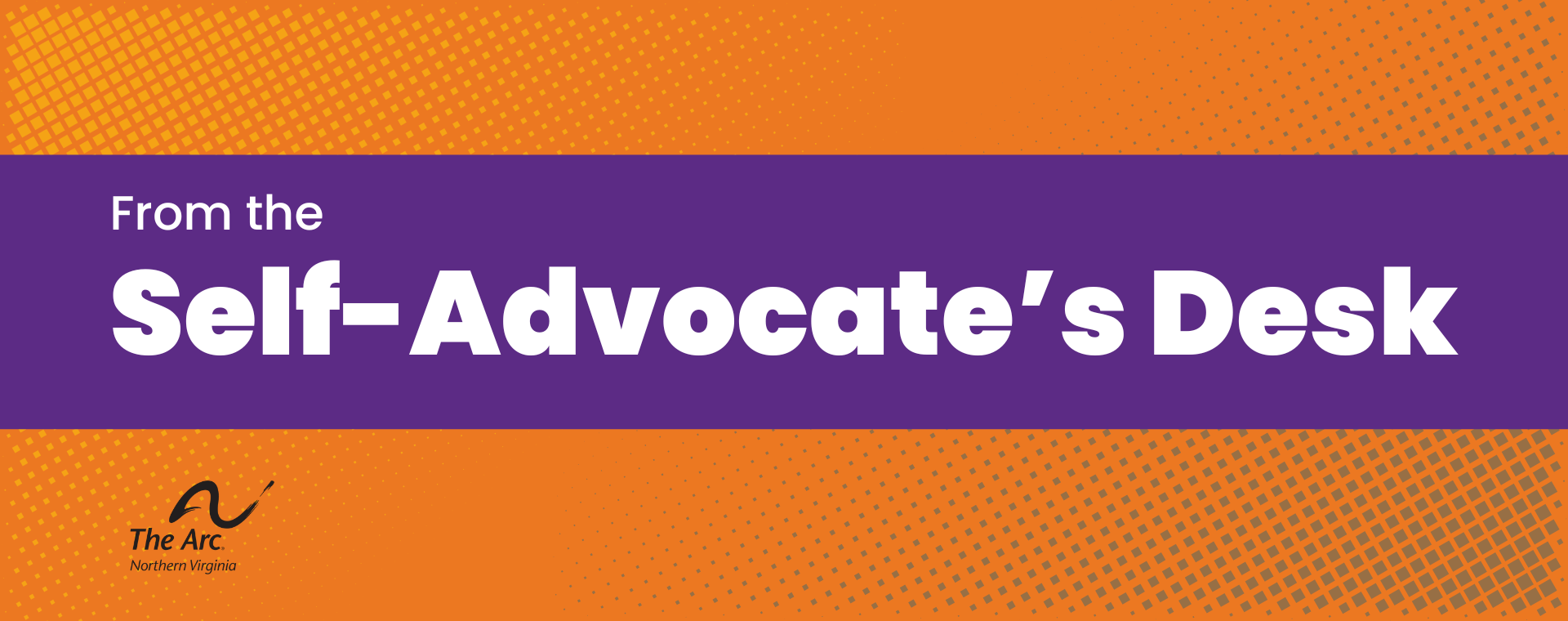Original Proposed Response Due Date: 03/11/2025
Date of Response Written: 04/06/2025
The following response is an answer to the question: “What do YOU want to see in self-advocacy during the next 5 years?”
Over the next five years, I envision self-advocacy in Virginia evolving into a more inclusive, intersectional, and systems-informed movement—one that not only empowers individuals with disabilities to speak for themselves, but ensures that their voices shape the very structures and services that impact their lives.
At the forefront, we need to amplify and invest in leadership development among self-advocates at all life stages. This means providing robust training, mentorship, and peer-led initiatives rooted in lived experience, particularly for individuals from historically marginalized communities—including Black, Brown, immigrant, refugee, and neurodivergent individuals. It is vital that self-advocacy leadership reflect the diversity of our broader disability community and that cultural and linguistic differences are not seen as barriers, but as strengths.
A key concern that emerged from the Arc of Northern Virginia’s leadership conversation is the ongoing difficulty individuals and families face navigating the waiver system. Many fall through the cracks, especially those with dual diagnoses or those who do not meet narrow eligibility definitions. Self-advocacy must increasingly address structural inequities embedded in service delivery systems. Advocates should be supported in pushing for more flexible, person-centered supports that are not limited by rigid funding models or outdated eligibility criteria.
Additionally, self-advocates must be positioned as equal partners in shaping policy—not token participants. Their involvement should be systemic, with genuine opportunities to influence the design, implementation, and evaluation of services. Compensation, respect, and support should be aligned with the value of their lived expertise.
We must also confront the workforce crisis in direct support services, which continues to undermine the effectiveness of disability supports. The self-advocacy movement should push for professionalization and stabilization of the Direct Support Professional (DSP) workforce, including fair wages, credentialing pathways, and career development opportunities. A well-supported workforce directly translates to stronger outcomes for individuals with disabilities.
Finally, I hope to see a technological transformation in how self-advocacy is conducted. Virtual platforms, accessible digital tools, and hybrid engagement models must be leveraged to broaden participation—especially for individuals in rural communities or those with communication needs. Accessibility, in all its forms, must be a foundational principle.
In sum, the future of self-advocacy lies not only in raising individual voices, but in transforming systems to listen, respond, and act. By embedding equity, accountability, and collaboration at every level, we can move toward a more just and responsive Commonwealth for all people with disabilities.
Thank you for taking the time to read my response.
Sincerely,
Ian Allan
Self-Advocate for the Arc of Northern Virginia
We invite you to join us in making your voice heard. Email Lucy.Beadnell@TheArcofNOVA.org to get advocacy action alerts and respond to a national action alert now at https://p2a.co/lRPDZ5C.

